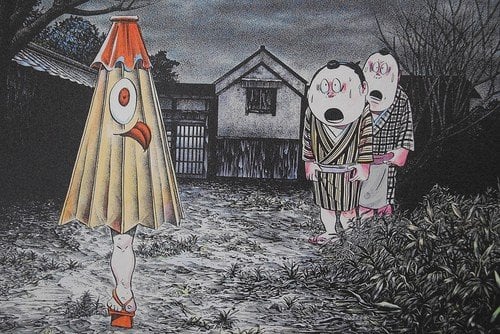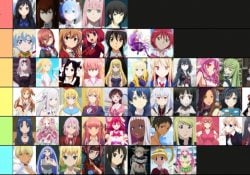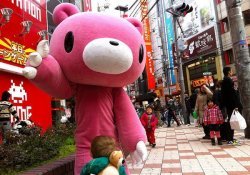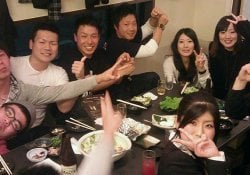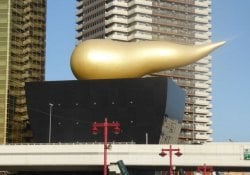Do you know how to say devil in Japanese? Wanting to understand the differences between oni, akuma, youkai, bakemono and others? In this article we are going to see 10 ways to say demon in Japanese.
In the Japanese language it is common to find different ways of expressing the same idea, this is because the Japanese language has different concepts for the same possible idea, but that changes according to the context and the situation.
This means that something said or expressed can have several variations, since to fit the right context you need a different vocabulary. Although this idea is common in languages such as English and Portuguese, in Asian languages more attention is paid to the historical, written and period context when you are going to use a certain expression or word.
With the Japanese language it would be no different, the word "Demon" is a word that appears a lot in books, movies, and elements of Japanese culture, but as explained above, with a very different meaning from what you see in Western culture.
Let's understand these differences, and show that the word "Demon" in the Japanese language has more of a folkloric sense than a properly religious one as we have in the West.
We also recommend reading:
- 15 Japanese monsters, myths and legends
- Monster Girls - Anime with monster or anthropomorphic girls
- Shinigami - Do you know these gods of death?
Índice de Conteúdo
Akuma [悪魔]
Before we study the word, we need to understand the essence of the Kanji. The "aku" ideogram [悪] represents something "bad, false, bad or wrong."
Already the second ideogram "ma" [魔] means "demon, devil, bad spirit, evil spirit and negative influence". Then the word Akuma encompasses various types of demon or the like.
For example, the word Akuma is often used to refer to the Christian and Jewish Devil. It is also used to refer to the Buddhist mara, evil spirits and forces that hinder the path of enlightenment.
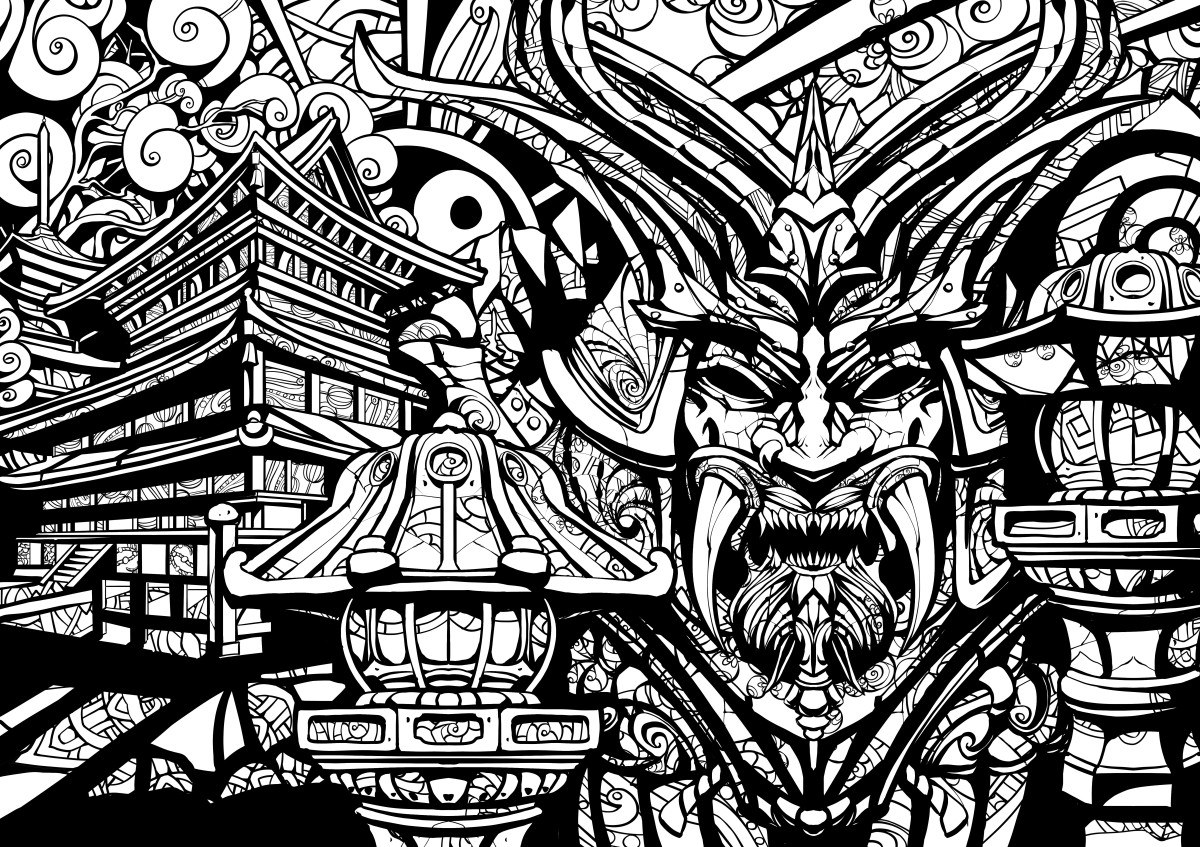
Oni [鬼]
The word Oni became popular thanks to the success of the anime "Kimetsu on Yaiba", also known as "Demon Slayer". What kind of demons does this word refer to?
In the anime they are villainous creatures with monster aspects, with claws, sharp fangs, torn skin and other characteristics of: Ogres and Monsters. In fact, Oni encompasses all kinds of monsters, even the good ones.
Oni can be: Ogres, monsters, demons and spirits of a deceased person. This word can also be used to refer to a merciless person, as an insult, calling them an ogre.
Another important point of this word is that it also appears in the expression “onigokko” [鬼ごっこ] which is the famous Tag, it can also have this meaning alone. Will it be a monster that stalks its victims?
We recommend reading: The Oni in Japanese Mythology
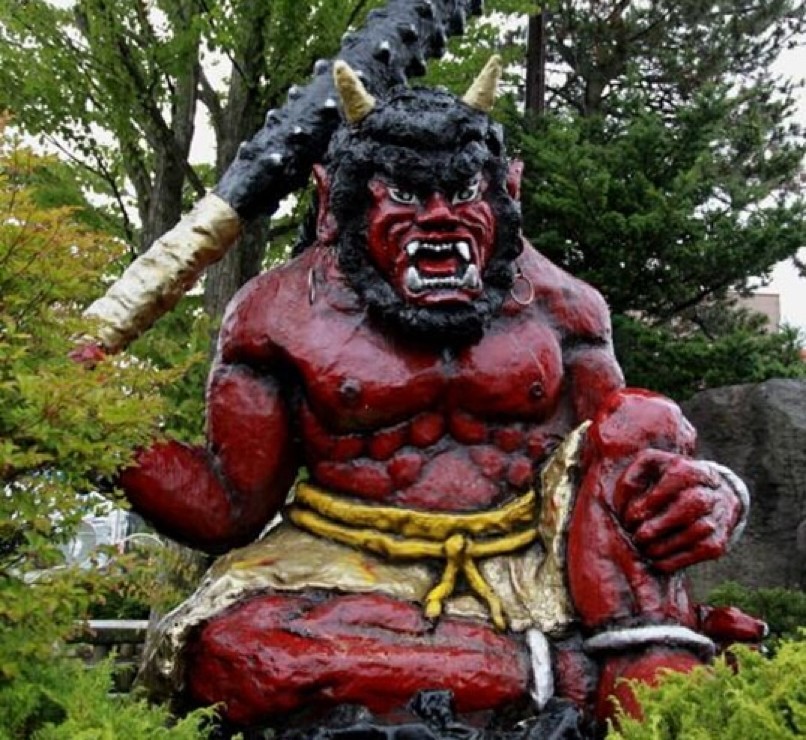
Youkai [妖怪]
Youkai is a word that is found a lot in Japanese culture, especially when talking about its folklore, passing the idea of ghosts, spirits, specters and apparitions.
If we look in detail at the Kanji of this word, we will notice that “You” [妖] conveys the idea of: bewitchment, calamity.
We have the second Kanji which is Kai [怪] it conveys the meaning of: apparition and mysterious. It can be seen in the word “Ayashii” [怪しい], this word means: suspicious, questionable, uncertain.
But beyond these meanings in isolated words. Youkai has other meanings such as: creatures that escape people's imagination, without explanation. Like, for example, Goblins and Kappas.
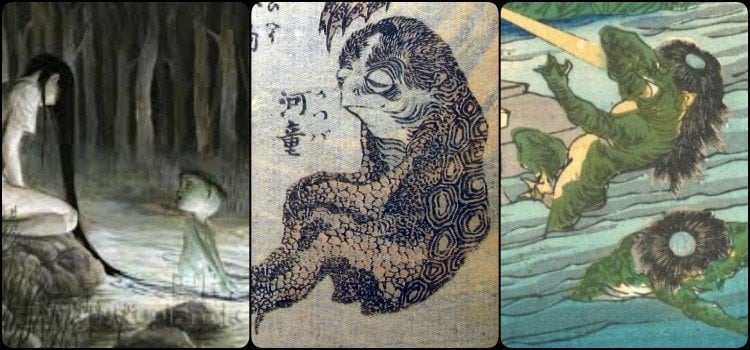
The article is still halfway through, but we recommend also reading:
Akuryou [悪霊]
This word is sometimes interpreted as demon, devil, but it is important to emphasize that its main idea is: evil spirit, which can also be understood as demon, but then we return to the cultural issue, where it does not always have to be a devil.
Let's see this word being used in the following sentence:
She appears to be possessed by an evil spirit.
彼女は悪霊に取りつかれているように見える
Kanjyo wa akuryoku ni toritsukareteiruyouni mieru
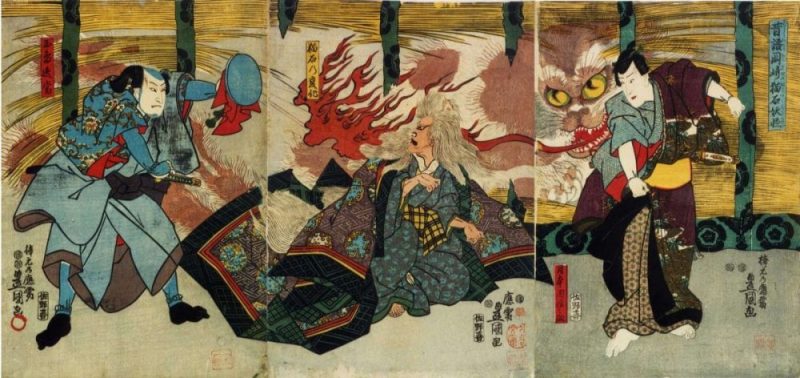
Deemon [デーモン]
In Katakana the word Deemon [デーモン] comes from “Demon” in English which is Demon. Unlike the previous words, this one is quite specific in referring to demons as they are seen in the West.
This word can also appear as a technical term for computers, the (Daemon) used in Linux. The katakana can also refer to the personal name Damon.
Rushifā/ Rushiferu [ルシファー | ルシフェル]
Rushifā or Rushiferu, refers directly to Lucifer, Satan in Christian belief. A detail that Rushiferu [ルシフェル] is an adaptation of Portuguese itself.
Lucifer is not just a bad word, it can even refer to the planet venus. We usually see the word being used in anime, even though it has nothing to do with demons.
Kaibutsu [怪物]
This word is not necessarily used to name demons, as its main meaning is: monster.
However, the idea of a monster sometimes in the context refers to some demon.
It's an expression that you see a lot in anime and manga, for example, in the anime Blue Lock there is a scene where the protagonist says: I want to know the true form of the monster inside me.
知りたい... 俺の中のかいぶつの正体... Shiritai... Oreno naka no Kaibutsu no shoutai...
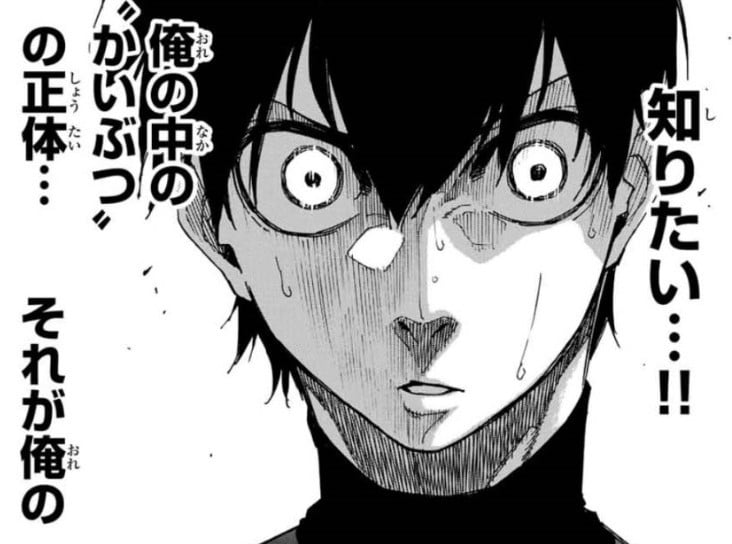
Obakemono [お化け物]
Another very common expression to refer to monsters is Obakemono, this expression generally encompasses monsters, such as: Goblins, ghosts, wraiths, and sometimes this word is used to refer to the potential of someone who is so incredible or extraordinary that she would be a monster in what she does, however, be careful when using this expression to refer to someone, it can sound offensive.
Toorima [通り魔]
Toorima is used exclusively for demons that bring bad luck, bad luck, misfortunes to people's lives or homes. In addition to this sense, it can express something like: surprise attack, striker.
Obake [お化け]
Obake has more of a Phantom sense, spirit, something more spiritual. Although it can also be seen with this demon or monster sense.
So we come to the end of this article. It is clear that in the Japanese language the word “Demon” is not necessarily what we know in English or English.
It is something more comprehensive and therefore cannot be generalized, thanks for reading this far, I hope this knowledge can help you to understand more and more the Japanese language and culture, until next time.
